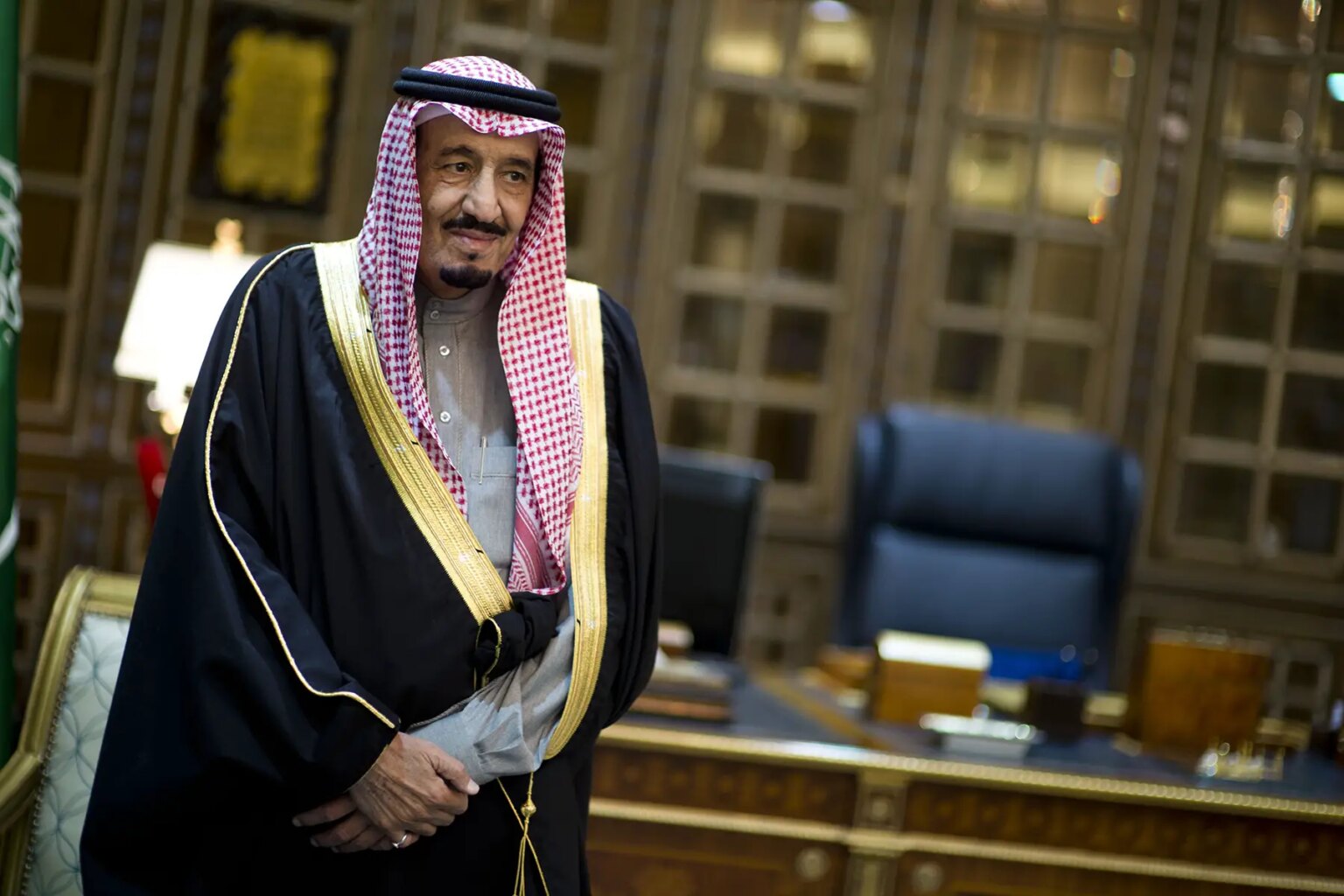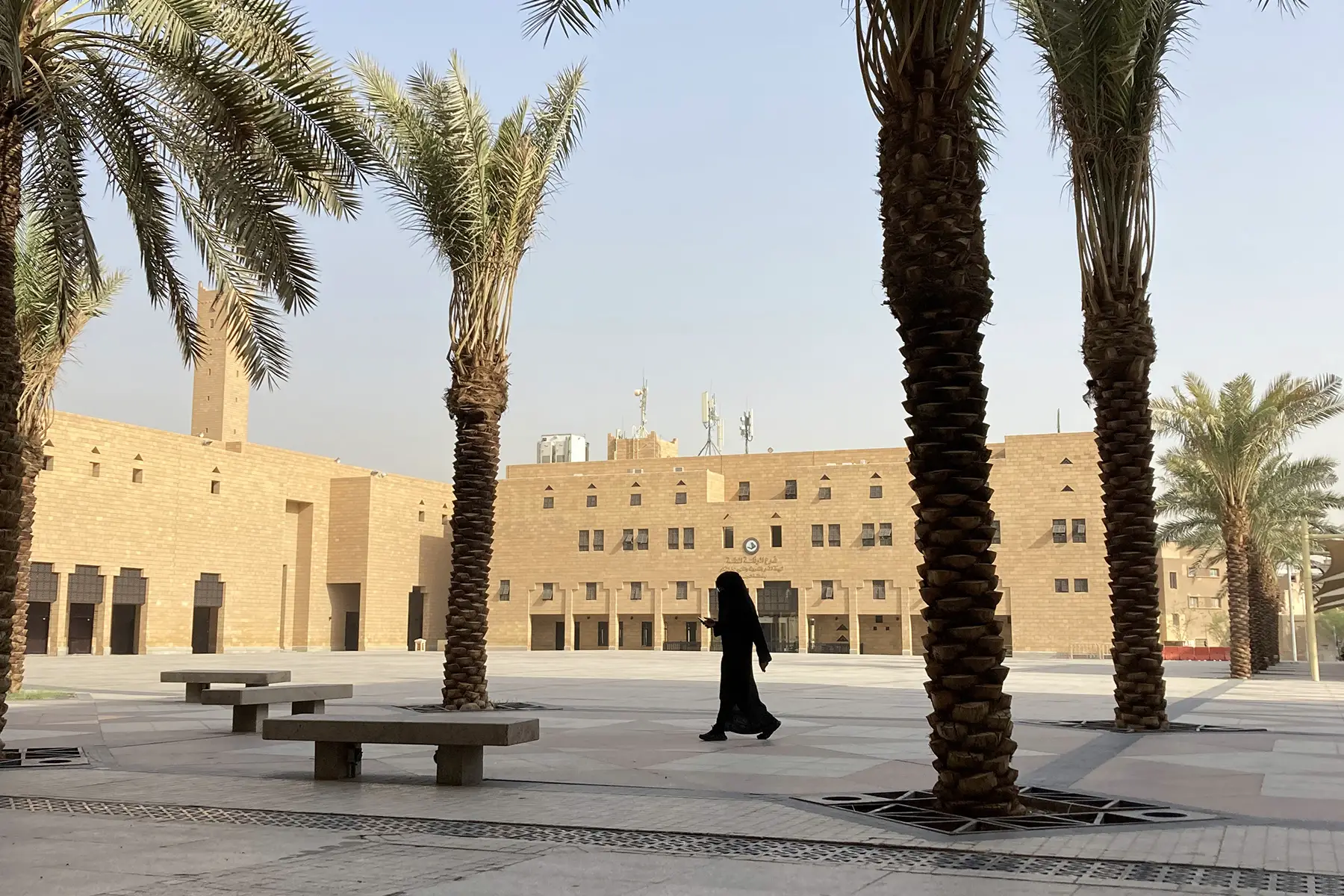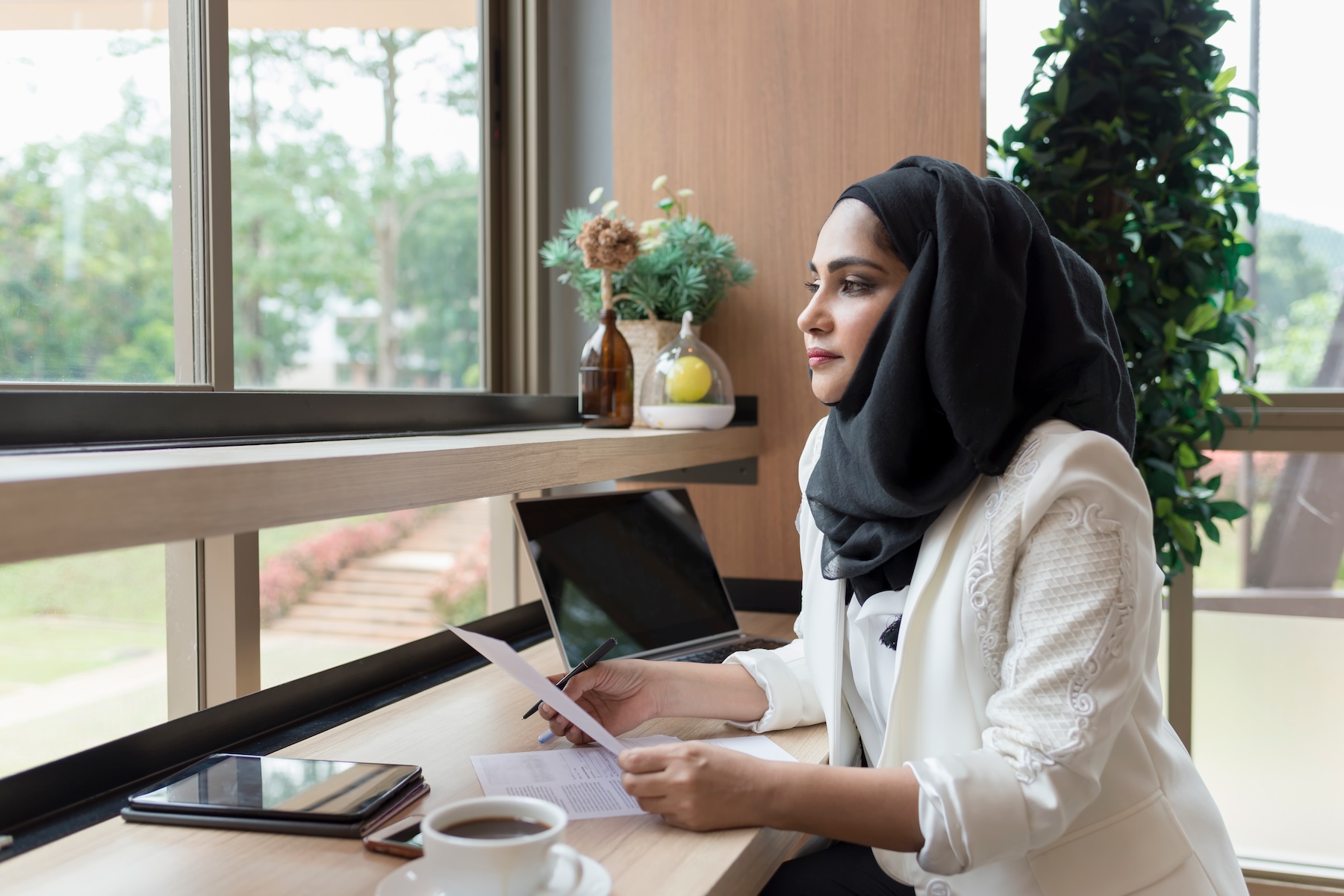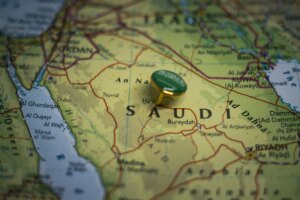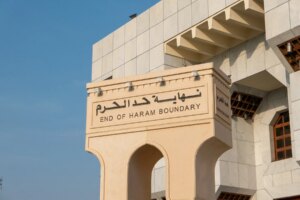When moving to Saudi Arabia, you may notice how little interaction citizens have with the country’s political system. Political parties and democratic debate are in short supply in the country.
This article will give you an overview of the following:
- Government and political system in Saudi Arabia
- The King: who is currently in power in Saudi Arabia?
- Electoral system in Saudi Arabia
- Voting in Saudi Arabia
- The political history of Saudi Arabia
- Judiciary system in Saudi Arabia
- Recent political reforms in Saudi Arabia
- Political tensions in Saudi Arabia
- The state of the economy in Saudi Arabia
- Useful resources
Ground News
Get every side of the story with Ground News, the biggest source for breaking news around the world. This news aggregator lets you compare reporting on the same stories. Use data-driven media bias ratings to uncover political leanings and get the full picture. Stay informed on stories that matter with Ground News.
Government and political system in Saudi Arabia
People consider Saudi Arabia as the birthplace of Islam and the world’s biggest exporter of oil. The country is a monarchy whose ruler is King Salman bin Abdulaziz al Saud, sometimes known as Salman of Saudi Arabia. He also acts as the state’s Prime Minister. The Al Saud family has long ruled the Kingdom, with its premiership cemented by close ties with the Wahhabi religious group.
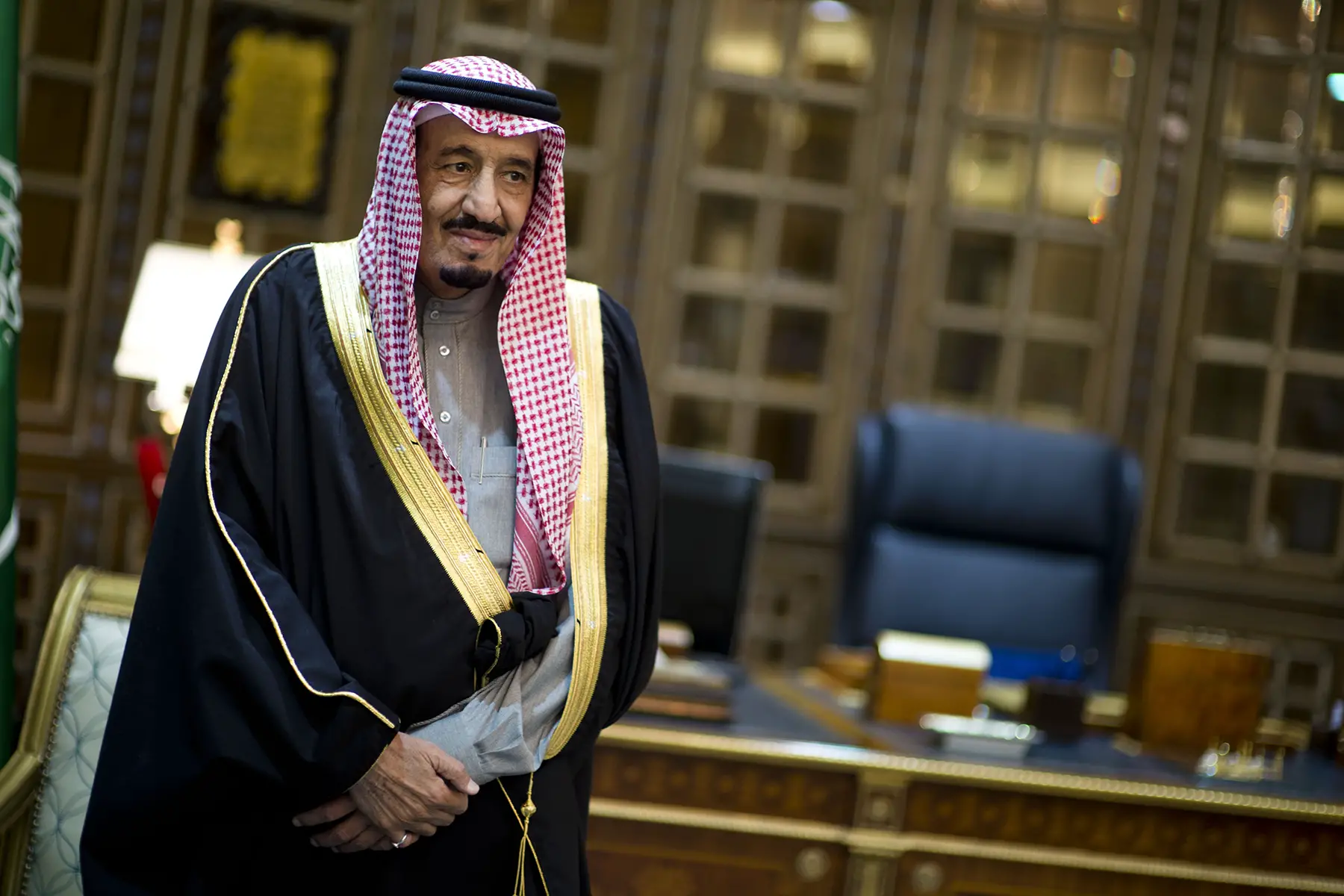
Saudi Arabia consists of 13 regions (Minṭaqah). Members of the royal family are generally appointed as regional governors in the Council of Ministers (Majlis al-Wuzara). This takes advice from the Consultative Council (Majlis Al-Shura); the council is appointed every four years.
The public elects half of the councilors, and the king appoints the other half. While the Consultative Council can offer advice on various issues, the King has final say on policy and legislation.
The King: who is currently in power in Saudi Arabia?
Salman bin Abdulaziz al-Saud is the King and Prime Minister of Saudi Arabia. He came to power in January 2015.
The king ultimately signs off or rejects legislation, but his decisions are often based on agreements between the royal family and important community members. These include religious scholars, tribal sheikhs, and major business owners.
Saudi Arabia has no political parties, however there are some rebel political movements. The establishment considers dissenting parties illegal.
Electoral system in Saudi Arabia
In his role as Prime Minister, the King oversees the Council of Ministers. This council takes responsibility for home and foreign policy. In addition, he oversees the key departments that run the country, such as health, transport, and education.
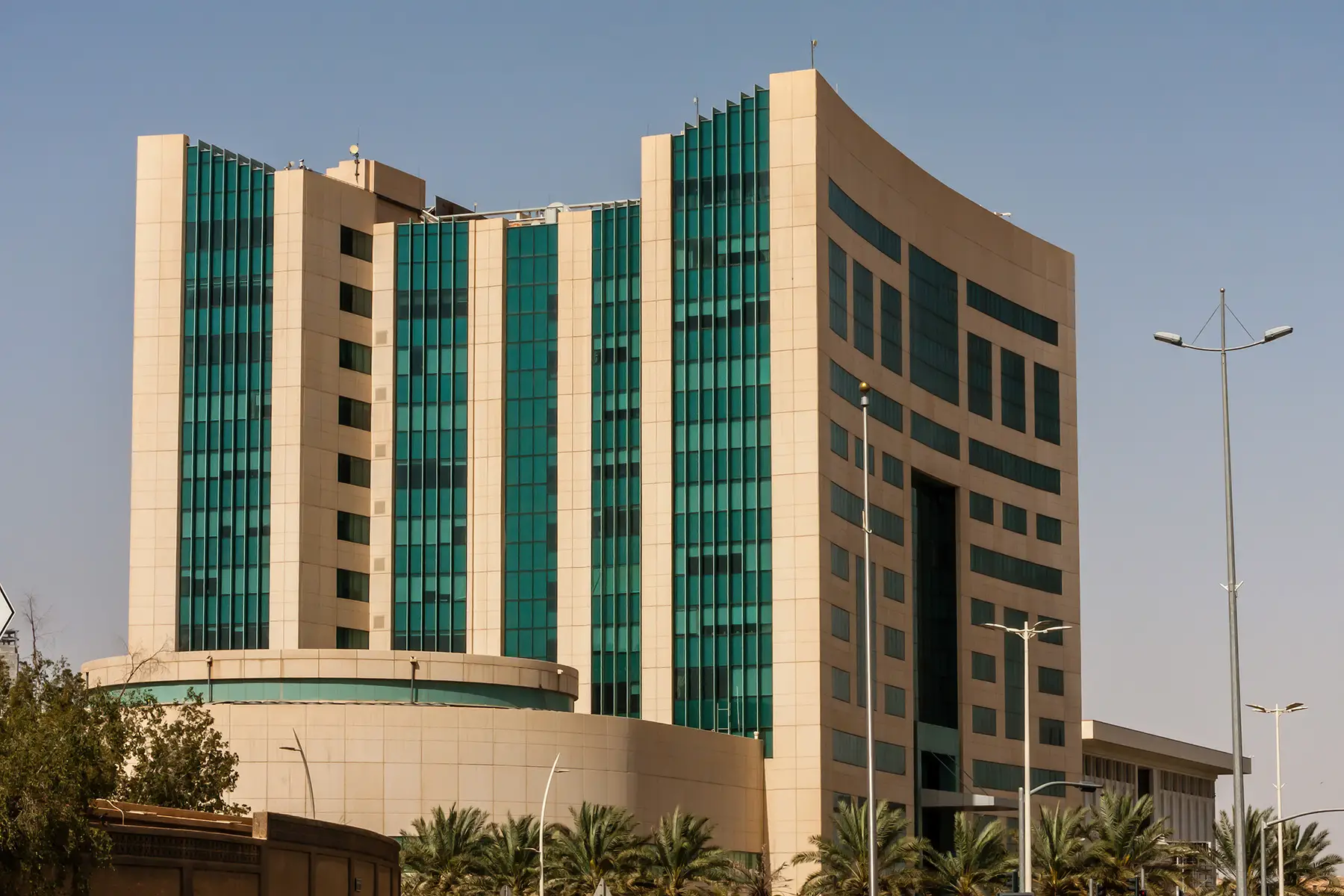
Relatively few residents of Saudi Arabia participate in the political process, with political influence still heavily weighted towards tribes. There is a range of tribes in Saudi Arabia, with a complicated hierarchy dictating the most and least influential ones. There are no national-level elections – instead, municipal elections take place every four years. However, the elections due in 2019 were postponed indefinitely.
Voting in Saudi Arabia
In 2015, Saudi women were given the right to vote and stand as candidates in the municipal elections. As a result, Saudi Arabians elected the first women to a political office in Saudi Arabia’s history.
Despite this development, voting registration was still low. Only 130,000 women registered to vote, compared to more than 1.3 million men. In terms of candidacy, 978 women stood alongside 5,938 men.
The political history of Saudi Arabia
Saudi Arabia was established in 1932 as a monarchy in which the King is succeeded by his son; or in some cases grandson. The heir to the ruler usually serves as Deputy Prime Minister.
While it is rare, it is possible for the ruling family to remove the king; this actually happened in 1964 when King Saud was deposed.
The ruling family has a strong relationship with the Wahhabi religious hierarchy, which helps to maintain stability in the country. Problems do sometimes emerge, however, when warring factions within the religious community cause dissent.
Judiciary system in Saudi Arabia
Saudi Arabia is an Islamic state, with its judicial system based on Sharia Law for both civil and criminal cases. As with other areas of Saudi protocol, the king is at the top of the legal system, meaning he can intervene and offer pardons.
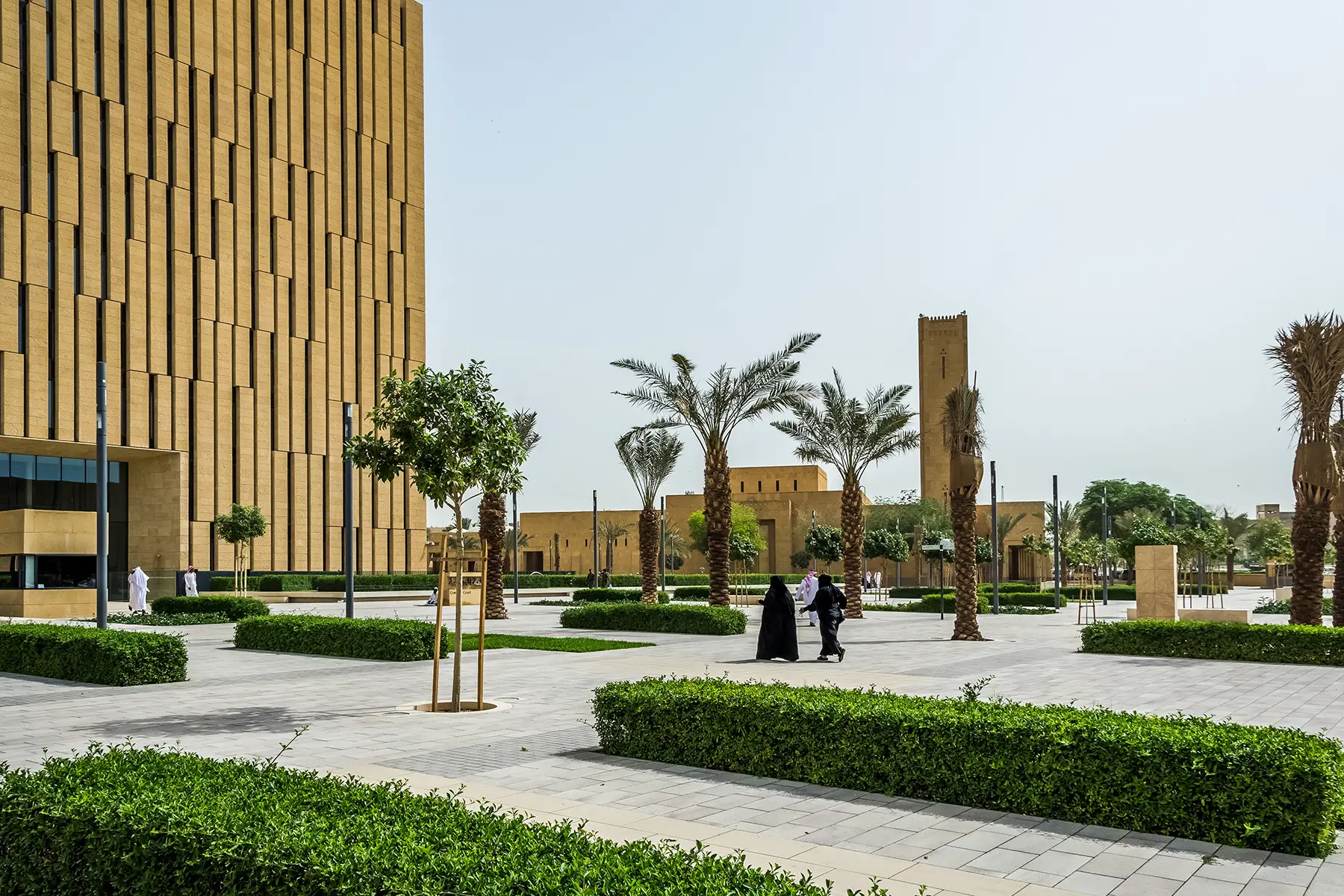
There are three parts of the Saudi court system. The Shariah courts hear most cases that go to trial, and these are split into three categories: the courts of first instance, courts of cassation, and the Supreme Judicial Council.
The use of Sharia Law as the fundamental guideline for legal matters means that there is no distinction between secular and religious aspects of society. However, Sharia Law does work similarly to other systems in the Global North in that it operates a system of presumption of innocence.
That said, draconian punishments do still exist in Saudi Arabia. Amnesty International claims that 27 people were executed in 2020.
Away from the Sharia courts, the second pillar of the court system is the board of grievances; this hears cases that are related to the government. The third part of the court system involves smaller courts within communities and those that hear cases on labor laws.
Recent political reforms in Saudi Arabia
In June 2017, the King announced that his son, Mohammad bin Salman, will be first in line to the throne. As is customary, the prince already wields a significant amount of power and controls many of the main levers of government as Crown Prince and Deputy Prime Minister.
In recent years, the Saudi government has sought to crack down on corruption and pursue economic and social reforms aimed at improving the economy and bolstering foreign investment. This is particularly significant as the state attempts to diversify its income beyond oil exports, which bring in more than 85% of government revenue.
Basically, one of the main political aims of the Saudi Arabian government is to maintain its alliance with the United States. In early 2019, the government named Princess Reema bint Bandar as its first female ambassador to the US.
There is a concern, however, that Saudi Arabia’s military intervention in Yemen and the scandal around the death of the journalist Jamal Khashoggi (more on this later) has resulted in Washington seeking to overhaul its long-term alliance.

The Saudi government claims to be improving conditions for female citizens, most recently by passing laws allowing women to drive. There still remains a long way to go for women’s rights, however.
Currently, all women in Saudi Arabia must have a male guardian; usually their husband, who replaces their father once they marry. Theoretically, women can study and work without permission, but in reality, this isn’t always the case.
The introduction of more modern systems, such as a text messaging service for women to request permission to travel, has helped speed up the process. Despite this, concerns continue over how easy it is for men to control and keep tabs on women.
Likewise, Human Rights Watch has flagged the country’s poor human rights record. Saudi Arabia has announced important reforms, but the repression of independent civil society and critical voices impedes any attempt at reform.
Political tensions in Saudi Arabia
When it comes to the government and political system in Saudi Arabia, the Kingdom is facing a difficult time. Tensions between Sunni and Shiite factions remain a threat to peace and scandal threatens the country’s reputation on the international stage.
Saudi Arabia made news around the world over the controversial death of Jamal Khashoggi in October 2018. Khashoggi was a Saudi Arabian journalist based in the United States and had been critical of the Saudi government. He was murdered inside the Saudi consulate in Istanbul.
Since Khashoggi’s death, there has been much debate over what happened. Saudi officials claim the journalist died at the hands of a rogue operation of agents being sent to persuade him to return to Saudi Arabia.
Türkiye, on the other hand, claims that the officials acted on the orders of the Saudi government. Some independent reports have backed up this claim, but the Saudi government continues to insist that it is not responsible for Khashoggi’s death.
This episode raises further questions about freedom of expression for Saudi citizens and the press. To put this in context, Reporters without Borders‘ Freedom Index listed Saudi Arabia as 166th out of 180 countries.
The state of the economy in Saudi Arabia
The Saudi Arabian economy boomed during the 1970s and 1980s, with growth underpinned by enormous revenue from exporting oil to the west. This also resulted in the state being able to develop into a more modern country with low unemployment levels and high GDP.
In the 1990s, this decreased as the price of oil dropped and the population continued to grow. It also resulted in higher unemployment for a time. Economic freedom in Saudi Arabia is below average, both in terms of its region and the world as a whole.
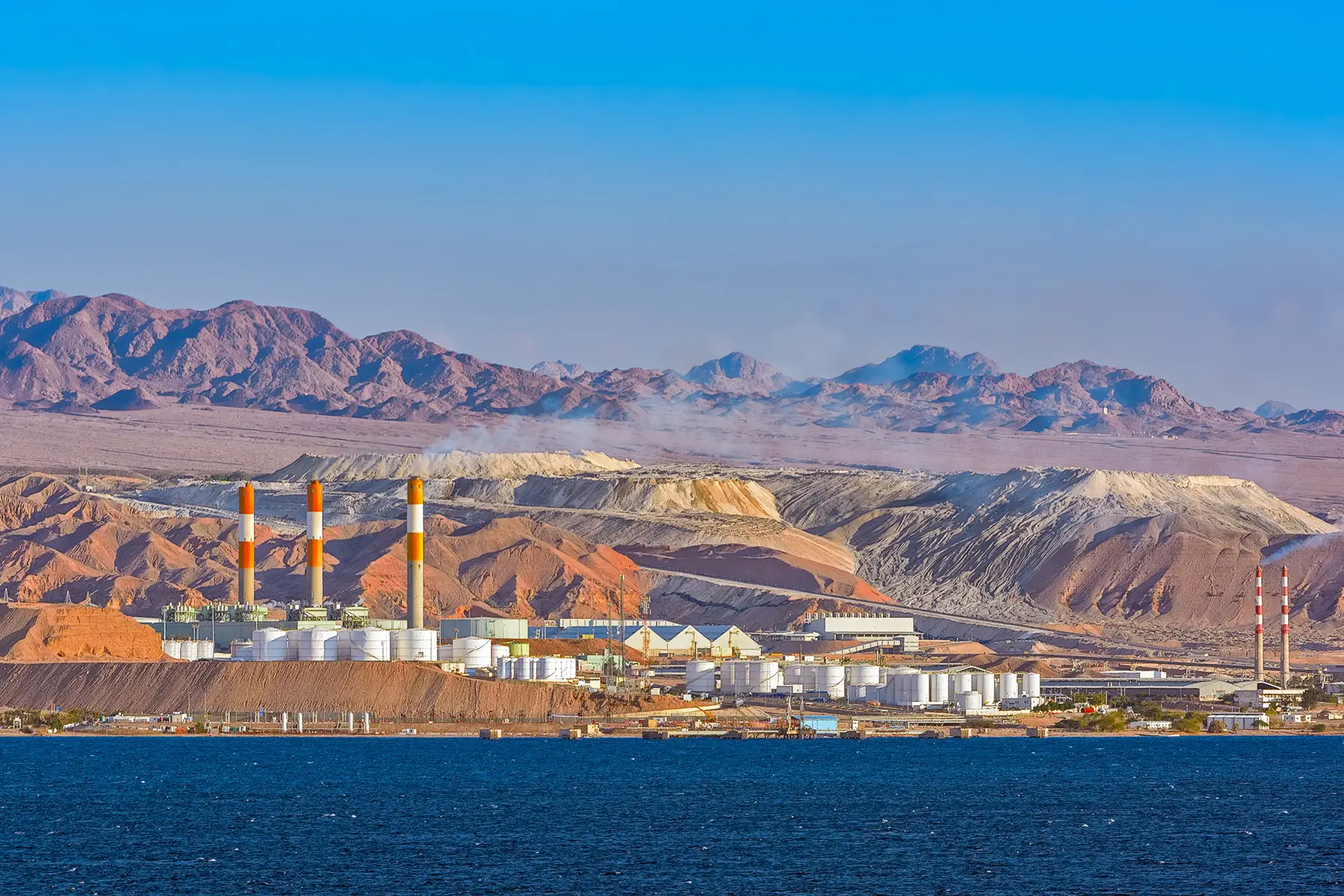
The government is seeking to diversify economic growth by selling state assets and divesting some stakes in oil.
In 2019, the labor ministry announced that some hospitality jobs in the country will be restricted to Saudi citizens. This decision was part of an attempt to decrease unemployment levels.
